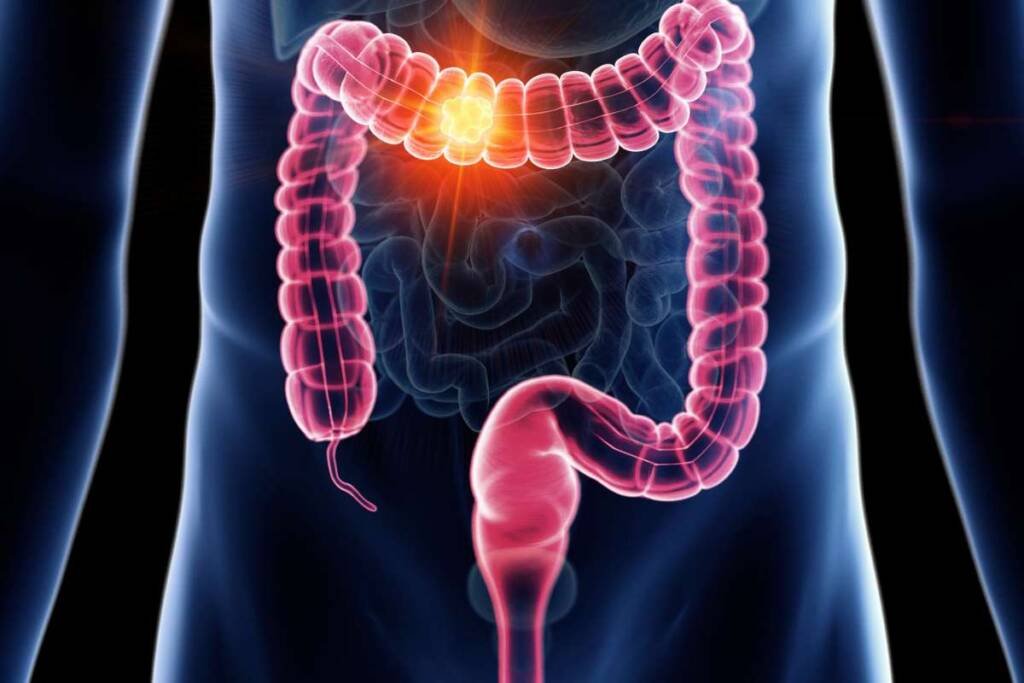ctDNA analysis is a valuable tool in monitoring disease progression and tailoring treatments for patients with gastrointestinal stromal tumor (GIST), especially in cases where they have developed resistance to tyrosine kinase inhibitors (TKIs) and are being treated with avapritinib (Ayvakit).
The Phase III VOYAGER study (NCT03465722) has shed light on the significance of ctDNA-detected KIT/PDGFRA mutations in predicting treatment outcomes for GIST patients receiving avapritinib. The study revealed that KIT ATP-binding pocket (ATP-BP) mutations, detected through ctDNA analysis, are associated with negative prognostic implications for avapritinib’s effectiveness, resulting in a median progression-free survival (mPFS) of 1.9 months compared to 5.6 months for regorafenib (Stivarga).
In contrast, regorafenib’s mPFS remained consistent regardless of the presence of activation loop (A-loop) and ATP-BP mutations, and it outperformed avapritinib in this patient population.
The VOYAGER study, which was open-label, randomized, and multicenter, enrolled 476 individuals with KIT/PDGFRA-mutant GIST who had received prior treatment with imatinib (Gleevec) and 1-2 TKIs. Participants were assigned to receive either oral avapritinib 300 mg daily in continuous 28-day cycles (n = 240) or regorafenib 160 mg daily for 21 days in a 3-weeks-on, 1-week-off schedule (n = 236).
Among the 476 patients with KIT/PDGFRA-mutant tumors, 386 underwent baseline ctDNA analysis, with 196 in the avapritinib group and 190 in the regorafenib group. ctDNA was detected in 168 and 190 patients, respectively. In terms of treatment arms, KIT and PDGFRA mutations were detected in 75.1% and 5.4% of the patients, respectively. KIT resistance mutations were found in the A-loop (80.4%) and ATP-BP (40.8%), with 23.4% of patients having both. On average, each patient had 2.6 KIT mutations.
The ctDNA analysis from the VOYAGER trial led to the identification of 50 novel pathogenic KIT variants among GIST patients in the third- or fourth-line treatment phase following disease progression on imatinib and sunitinib (Suntent). These novel variants accounted for 28.0% of the total identified. Half of these variants were deletions, insertions, or indels affecting KIT exon 11, while 14 KIT variants were missense substitutions affecting various exons.
The baseline ctDNA analysis also revealed changes in resistance patterns after 2-3 lines of treatment, particularly with an enrichment of secondary KIT ATP-BP pocket mutation variants like V654A upon disease progression with avapritinib.
Interestingly, the level of complex heterogeneity was relatively low, with 82% of the patients displaying only 1-3 KIT variants. Additionally, this ctDNA analysis unveiled a broader spectrum of KIT pathogenic variants compared to previous studies, including exons and codons not previously associated with GIST.
These findings underscore the potential of ctDNA assessment to predict TKI activity in patients with metastatic GIST in the third- and fourth-line treatment settings. Overall, ctDNA sequencing is a reliable method for detecting KIT/PDGFRA mutations and is linked to treatment outcomes for GIST patients with TKI resistance, receiving avapritinib. Further exploration of ctDNA analysis could hold promise in monitoring disease progression and tailoring treatments for this patient population.





























